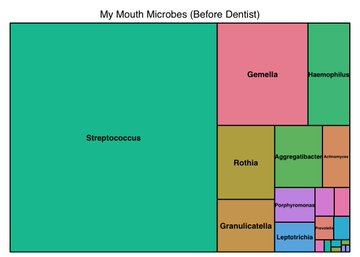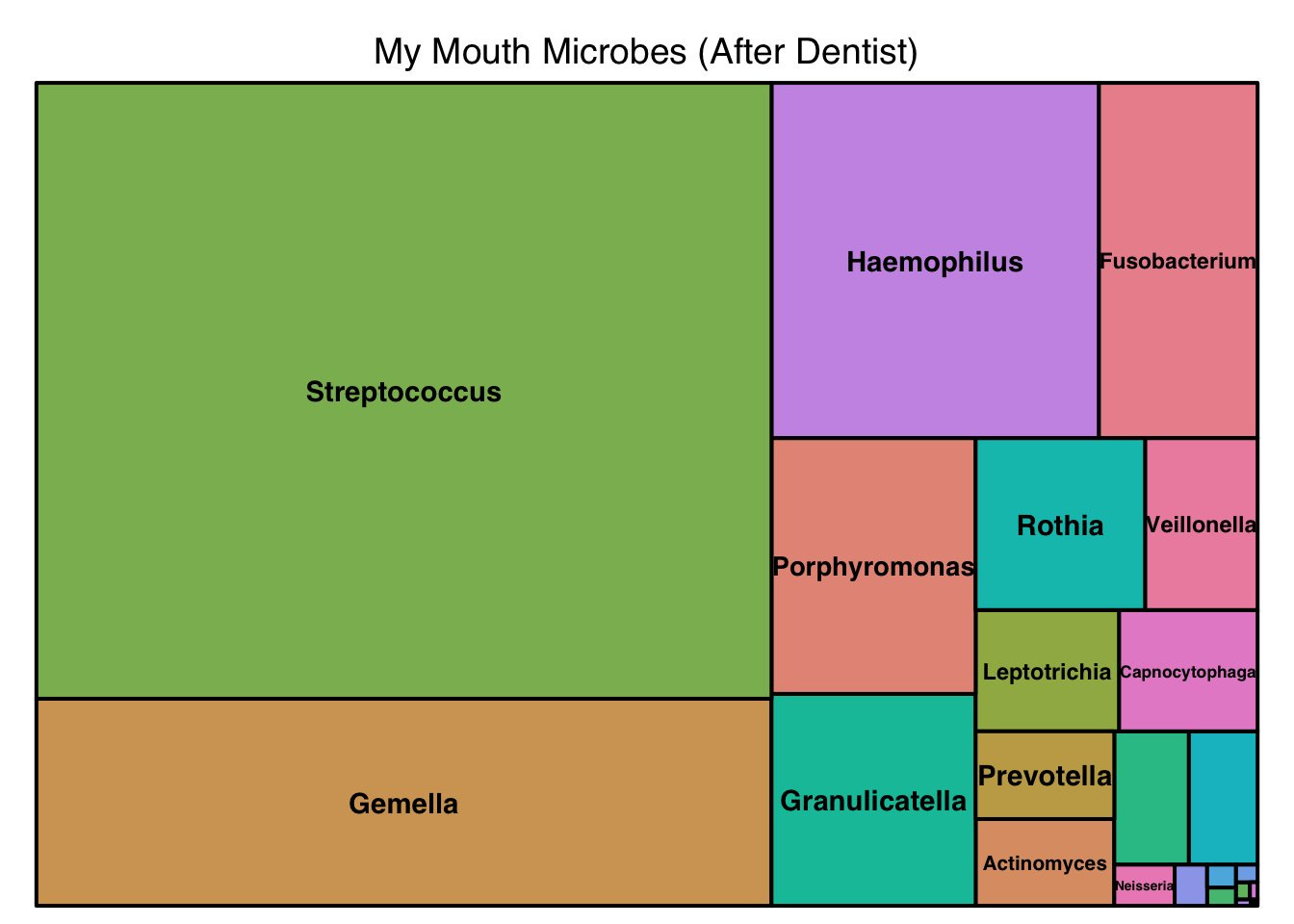Welcome to Personal Science Week
Thanks for joining! I’m Richard Sprague and this is my weekly check-in for anyone interested in science done for personal reasons rather than professional ones. In describing what we do, I prefer “Personal Science” over terms like “Quantified Self”, “biohacking” or “self-tracking” because this is a discipline for everyone who is curious and open-minded about anything, not just health or personal fulfillment.
Until the term “scientist” was invented in the 1830s, people who took a systematic approach to understand the world were called philosophers. Natural philosophers were those, like Isaac Newton, who specifically applied themselves to understanding the physical world around us. Now that we have the word “scientist”, what do you call a philosophy that tries to apply rational thinking to every part of daily life? We call it Personal Science, and this newsletter tries to be a brief, weekly summary of the consequences of that approach, hopefully in a way that will be interesting to others who are just as curious as we are.
Chomsky and Science
Noam Chomsky is a towering giant in the field of Linguistics, though it’s unfair to pigeonhole him into a single subject. Like all thinkers, he has broad interests, marked by a worldview worth taking seriously. Now in his 90s, the world is lucky that he still has a sharp mind that he can apply to contemporary concerns, like AI.
In a Lex Fridman podcast/Youtube channel interview , Chomsky is notably unimpressed by the Deep Learning approach to AI, despite its ongoing march of incredible achievements with everything from Chess/Go and protein folding to Beethoven’s Tenth Symphony
See his comments after 23:07 when he says that Google Translate is an engineering achievement that has nothing to do with science. Don’t confuse engineering, he says, with understanding.
Those impressive AI examples are the result of the running of a zillion blind experiments, each of which is essentially random. There is no thought put into the design of the experiments. So what about this is science, he asks.
I think Chomsky talks as though there is a single method for finding truth, that it’s called science, and that other forms of knowledge aren’t as important. But maybe that’s our own silly way of seeing things. Maybe to hope for some clever tricks everywhere is a bias of something in our culture that expects, like Chomsky, that all truth must arise from core axioms. But what if instead it’s really just the results that matter? Maybe AI, if it gives results, is sufficient

The Oral Microbiome
Why do most microbiome tests limit themselves to the gut? It’s almost as if people, having endured the yuk factor in sample collection, want to act as though this is the most important microbiome environment in the body. But the body is loaded with many other ecologies, perhaps the most notable of which is the mouth.
The mouth contains a rich ecosystem, related to the gut in many ways, but with unusual aspects that make it more interesting. For one, microbes in the mouth must be able to handle oxygen. The gut, like the primordial earth, has no oxygen—most of the microbes there will die in the presence of air. But they can’t depend on oxygen either
I’ve recently been studying results from the new $120 test from Y-Combinator startup Bristle, which offers an oral microbiome test using whole genome sequencing. I’ll be publishing a detailed review later, but meanwhile I’ve been re-studying some of my older tests (taken with uBiome several years ago). Here’s a quick look at how my microbiome changes before and after a visit with the dentist.
I don’t have an actionable takeaway yet, from these or other oral microbiome tests. But these are early days, and now that Bristle is making the technology more widely available, I’ll continue to study and report back when I find something interesting.




